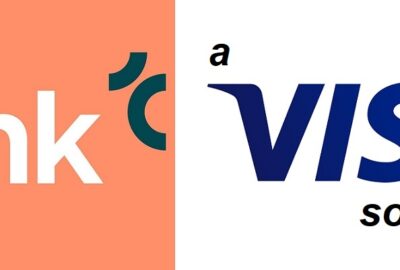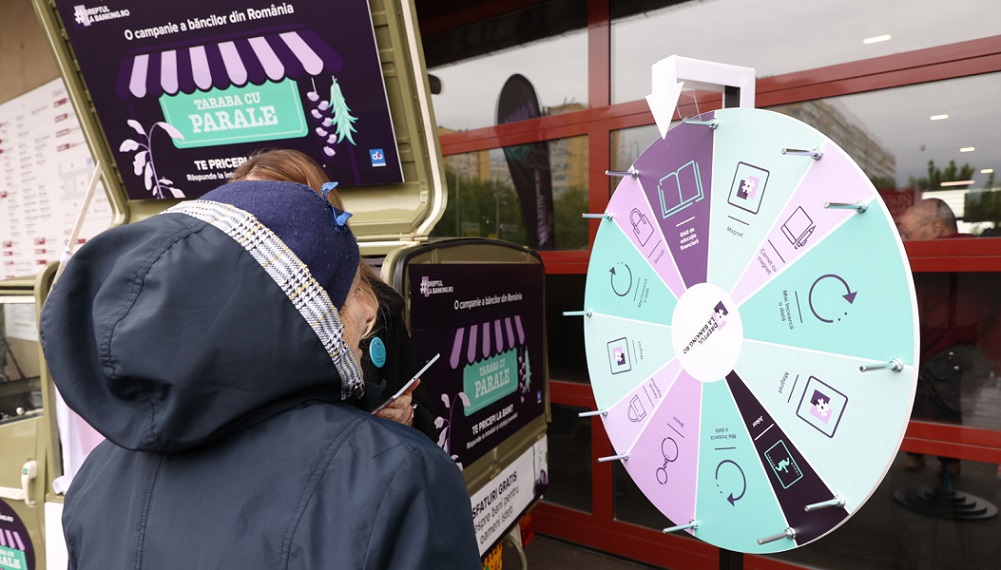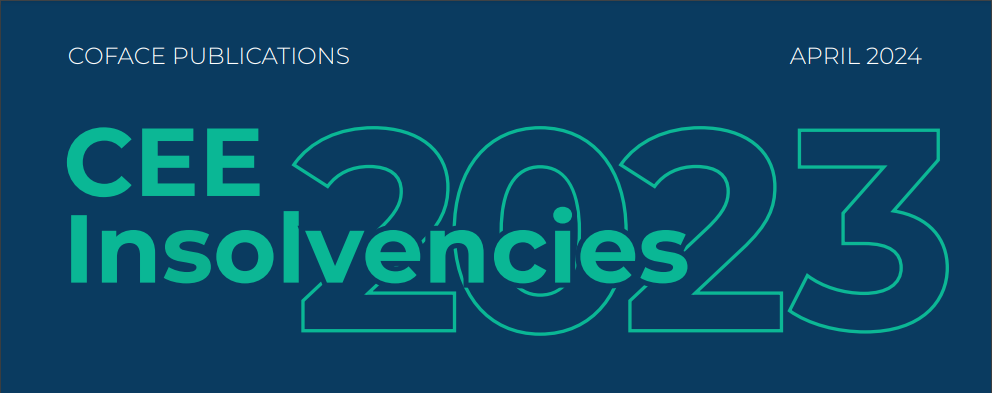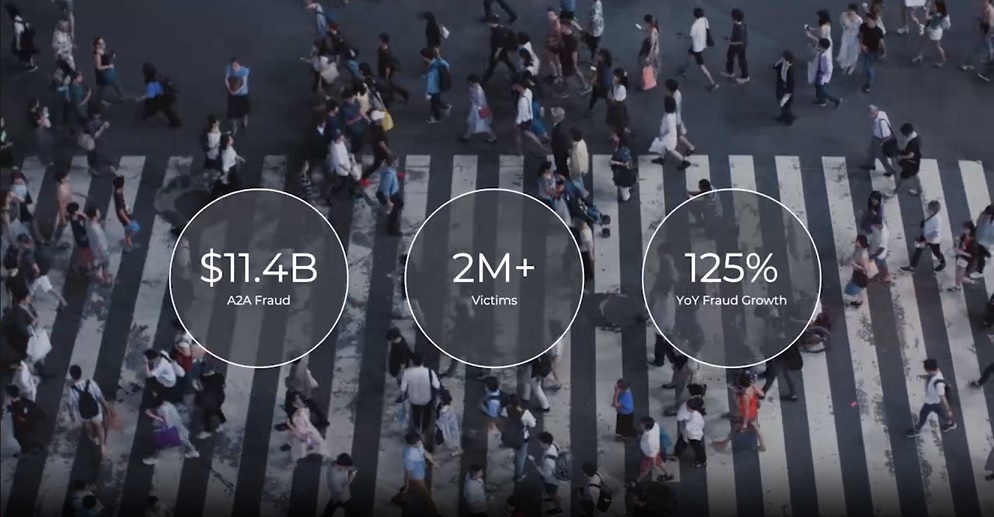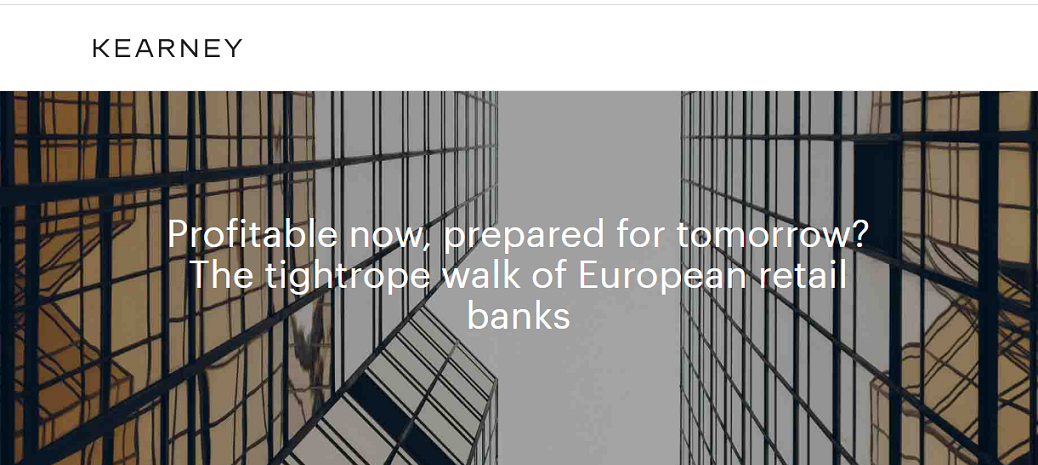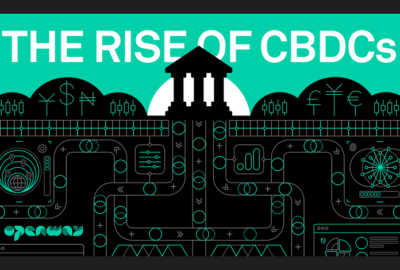EU releases its proposal for rules on global electronic commerce
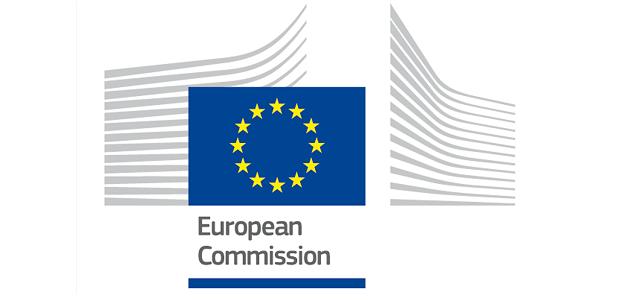
As part of its commitment to transparency and inclusiveness in development of its trade policy, the Commission today made public its proposal for future international rules on e-commerce, according to a new press release. Despite a fast increase in digital trade, there are currently no multilateral rules in this area.
The EU has today made public its text proposal on future rules and obligations on e-commerce as part of WTO negotiations on e-commerce endorsed by Ministers in the margins of the Davos World Economic Forum in January 2019. The release of the text proposal is part of the EU’s commitment to transparency and inclusiveness in the development of its trade policy.
The increasing digitalization of the economy and the rapid increase in e-commerce are having a tremendous impact on businesses and consumers across the world, both in developed and developing countries. Despite this fast increase of digital trade, there are currently no multilateral rules regulating this type of trade.
Businesses and consumers instead have to rely on a patchwork of rules agreed by some countries in their bilateral or regional trade agreements. The EU considers that global trade policy responses can most effectively address the global opportunities and challenges brought by digital trade.
The rules proposed by the EU would among others guarantee the validity of e-contracts and e-signatures, strengthen consumers’ trust in the on-line environment, introduce measures to effectively combat spam, tackle barriers that prevent cross-border sales and permanently ban customs duties on electronic transmissions.
The EU is therefore fully committed to advancing the WTO negotiations on e-commerce, which have just started. It will seek to negotiate a commercially meaningful set of rules on e-commerce with as many WTO Members as possible.
To this end, the EU tabled initial negotiating proposals for a broad set of rules and commitments that would for instance:
. Guarantee the validity of e-contracts and e-signatures
. Strengthen consumer consumers’ trust in the on-line environment
. Adopt measures to effectively combat spam
. Tackle barriers that prevent cross-border sales today
. Address forced data localisation requirements, while ensuring protection of personal data
. Prohibit mandatory source code disclosure requirements
. Permanently ban customs duties on electronic transmissions
. Adhere to the principle of open internet access
. Upgrade existing WTO disciplines on telecommunication services to ensure that they are fit to support today’s vibrant internet ecosystem that is the main enabler of e-commerce
. Improve market access commitments in telecommunication and computer related services.
Context
In January 2019, a group of 76 members of the World Trade Organisation (WTO), including the EU, decided to launch negotiations that should result in a multilateral legal framework that consumers and businesses could rely on to make it easier and safer to buy, sell and do business online.
A group of interested WTO Members held a first meeting on 6 March to agree on the process for WTO e-commerce negotiations. The EU proposal will be discussed along proposals from other participating WTO members during meetings planned from 13 to 15 May in Geneva.
The EU supports an open and transparent negotiating process that will take into account the specific opportunities and challenges that Members may face in this very broad area of trade and hopes that more WTO members will join these negotiations in due course.
Anders Olofsson – former Head of Payments Finastra
Banking 4.0 – „how was the experience for you”
„So many people are coming here to Bucharest, people that I see and interact on linkedin and now I get the change to meet them in person. It was like being to the Football World Cup but this was the World Cup on linkedin in payments and open banking.”
Many more interesting quotes in the video below:
